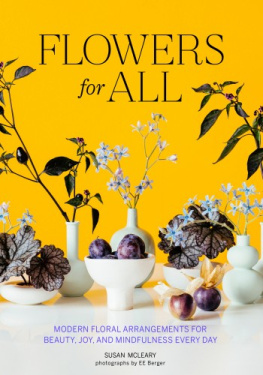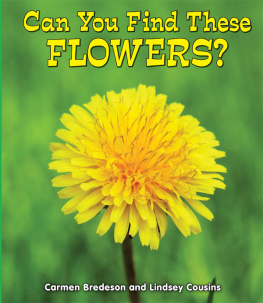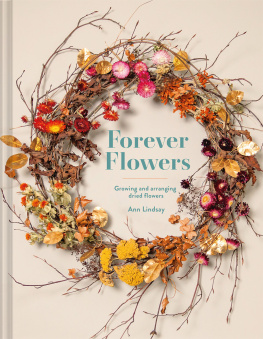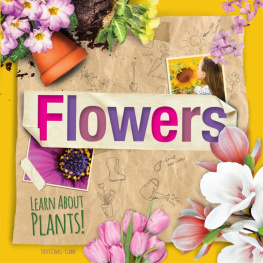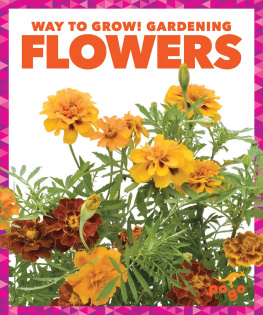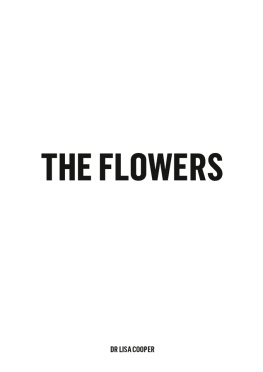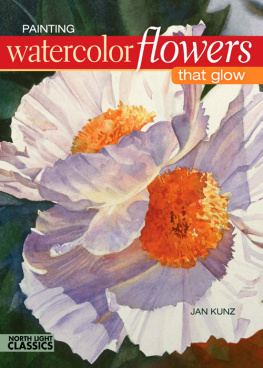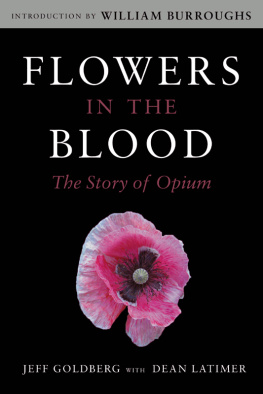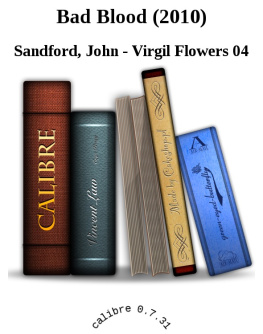Blood Of Flowers
Anita Amirrezvani
*
PROLOGUE:
First there wasn't and then there was. Before God, no one was.
Once there was a village woman who longed for a child. She tried everything--praying, taking herbs, consuming raw tortoise eggs, and sprinkling water on newborn kittens--but nothing helped. Finally, she voyaged to a distant cemetery to visit an ancient stone lion, and there she rubbed her belly against its flank. When the lion trembled, the woman returned home filled with hope that her greatest wish would be fulfilled. By the next moon, she had conceived her only child.
From the day she was born, the girl was the light of her parents' eyes. Her father took her on mountain walks every week, treating her as if she were the son he always wanted. Her mother taught her to make dyes from orange safflowers, cochineal bugs, pomegranate rinds, and walnut shells, and to knot the dyed wool into rugs. Before long, the girl knew all her mother's designs and was deemed the best young knotter in her village.
When the girl turned fourteen, her parents decided it was time for her to marry. To earn money for the dowry, her father worked hard in the fields, hoping for a large harvest, and her mother spun wool until her fingers grew rough, but neither brought in enough silver. The girl knew she could help by making a carpet for her dowry that would dazzle the eyes. Rather than using ordinary village reds and browns, it should glow turquoise like a summer sky.
The girl begged Ibrahim the dye maker to reveal the secret of turquoise, and he told her to climb a hillock in search of a plant with jagged leaves, and then to search for something inside herself. She didn't know what he meant by that, but she gathered the leaves and boiled them into a dye, which was a dirty purple color. When her mother saw the liquid, she asked what the girl was doing. The girl replied in a halting voice, watching her mother's eyebrows form a dark, angry line across her forehead.
"You went to Ibrahim's dye house alone?"
"Bibi, please forgive me," the girl replied. "I left my reason with the goats this morning."
When her father came home, her mother told him what the girl had done. "If people start talking, her chances of finding a husband are finished!" she complained. "Why must she be so rash?"
"Always has been!" roared her father, and he chastised her for her error. The girl kept her head bent to her mending for the rest of that evening, not daring to meet her parents' eyes.
For several days, her Bibi and her Baba watched her closely as she tried to unlock the riddle of the dye. One afternoon, when the girl was in the mountains with her goats, she hid behind a boulder to relieve herself and a surprising thought struck her. Could Ibrahim possibly have meant... that? For it was something inside herself.
She returned home and made another pot of the purple dye. That afternoon, when she went to the latrines, she saved some of the liquid in an old pot, mixed it with the dull purple dye and the wool, and left it overnight. When she lifted the lid on the dye pot the next morning, she cried out in triumph, for the dye had paled into a turquoise like the pools of paradise. She took a strand of turquoise wool to Ibrahim's dye house and tied it around the knocker on his door, even though her father had forbidden her to go there alone.
The girl sold her turquoise carpet to a traveling silk merchant named Hassan who desired it so much that he paid silver while it was still unfinished on the loom. Her mother told the other village women about her daughter's success, and they praised the skill of her hands. Now that she had a dowry, the girl could be married, and her wedding celebration lasted three days and three nights. Her husband fed her vinegared cucumbers when she was pregnant, and they had seven sons in as many years. The book of her life had been written in the brightest of inks, and Insh'Allah, would continue that way until--
"That's not how the story goes," I interrupted, adjusting the rough blanket around my shoulders as the wind howled outside. My mother, Maheen, and I were sitting knee to knee, but I spoke quietly because the others were sleeping only a few paces distant.
"You're right, but I like to tell it that way," she said, tucking a lock of her gray hair into her worn scarf. "That's what we were expecting for you."
"It's a good ending," I agreed, "but tell it the way it really happened."
"Even with all the sad parts?"
"Yes."
"They still make me weep."
"Me, too."
"Voy!" she said, her face etched with distress. We were quiet together for a moment, remembering. A drop of freezing rain struck the front of my cotton robe, and I moved closer to my mother to avoid the leak in the roof. The small oil lamp between us gave off no heat. Only a few months before I had worn a thick velvet robe patterned with red roses, with silk trousers underneath. I had painted my eyes with kohl, perfumed my clothes with incense, and awaited my lover, who had torn the clothes from my body in a room kept as warm as summer. Now I shivered in my thin blue robe, which was so threadbare it looked gray.
My mother coughed from deep in her lungs; the sound ripped at my heart, and I prayed that she would heal. "Daughter of mine, I can't get all the way to the end," she said in a thick voice. "It's not over yet."
I took a deep breath. "Thanks be to God!" I replied, and then I had an idea, although I wasn't certain I should ask. My mother had always been the one with a voice like mountain honey. She had been famous in our village for spinning tales about Zal the white-haired who was raised by a bird, Jamsheed who invented the art of weaving, and the comical Mullah Nusraddin, who always made us think.
"What if--what if I told the story this time?"
My mother considered me for a moment as if seeing me anew, and then relaxed her body more deeply against the old cushions that lined the walls of the room.
"Yes, you are grown now," she replied. "In the last few months, I believe you have grown by years. Perhaps you would never have changed so much if you hadn't done what you did."
My face flushed and then burned, although I was chilled to the bone. I was no longer the child I had once been. I would never have imagined that I could lie and, worse yet, not tell the whole truth; that I could betray someone I loved, and abandon someone who cared for me, although not enough; that I could strike out against my own kin; and that I would nearly kill the person who loved me the most.
My mother's gaze was gentle and expectant. "Go ahead, you tell it," she said.
I swallowed a mouthful of strong tea, sat up straight, and began speaking.
Chapter ONE
In the spring of the year that I was supposed to be married, a comet launched itself over the skies of my village. It was brighter than any comet we had ever seen, and more evil. Night after night, as it crawled across our skies spraying its cold white seeds of sorrow, we tried to decipher the fearsome messages of the stars. Hajj Ali, the most learned man in our village, traveled to Isfahan to fetch a copy of the chief astronomer's almanac so we would know what calamities to expect.
The evening he returned, the people of my village began assembling outside to listen to the predictions for the months ahead. My parents and I stood near the old cypress, the only tree in our village, which was decorated with strips of cloth marking people's vows. Everyone was looking upward at the stars, their chins pointing toward the sky, their faces grave. I was small enough to see under Hajj Ali's big white beard, which looked like a tuft of desert scrub. My mother, Maheen, pointed at the Sunderer of Heads, which burned red in the night sky. "Look how Mars is inflamed!" she said. "That will add to the comet's malice."
Next page
